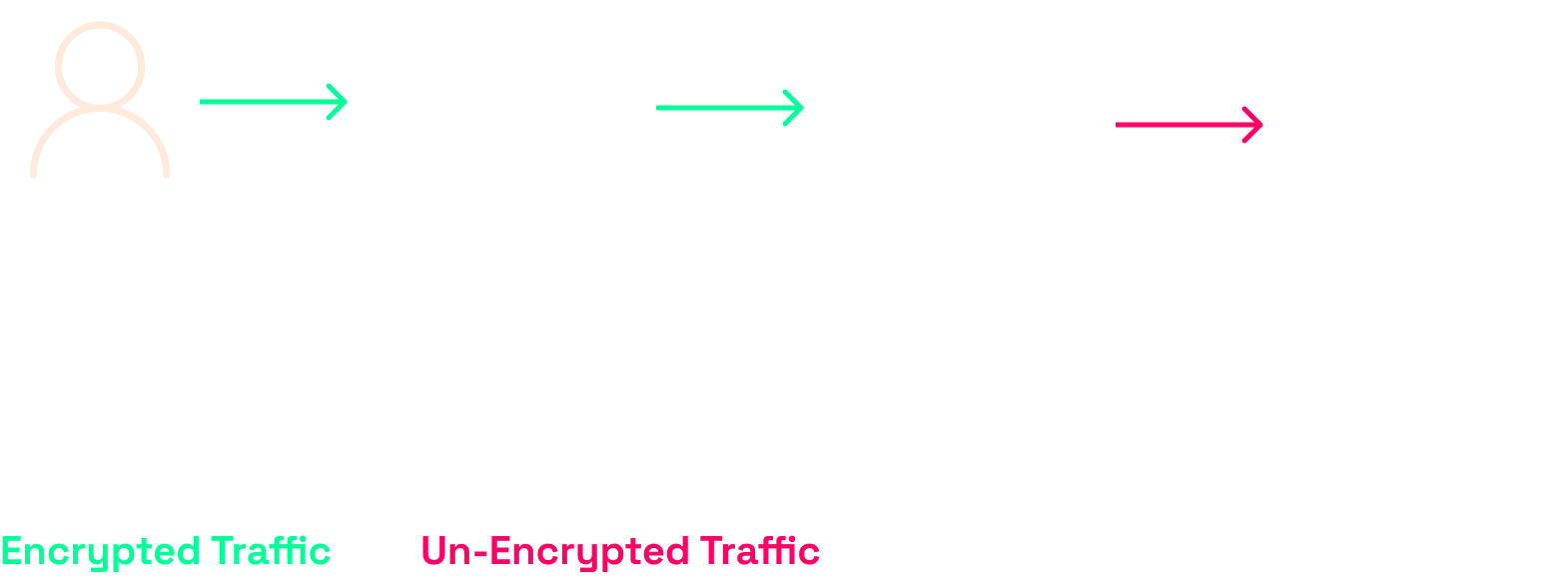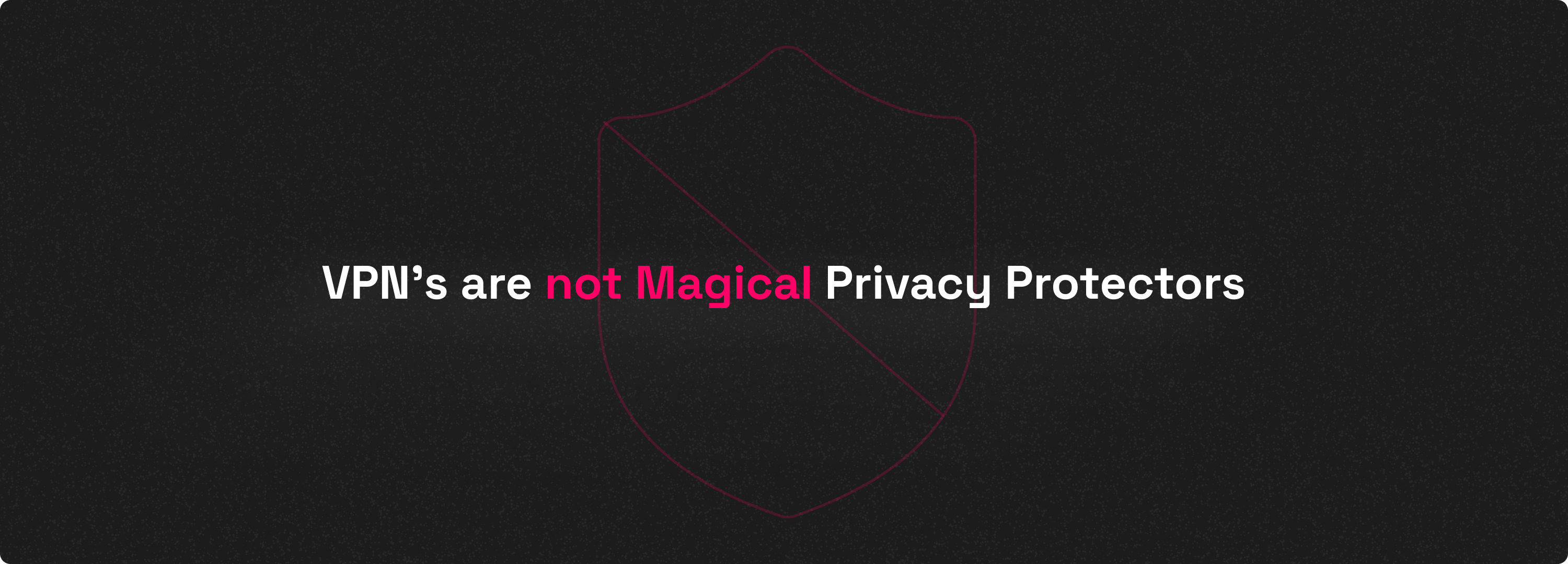Okay, I am sick and tired of these VPN companies shilling their products under the false pretext of "Magical Privacy Protector". It is partially true but this isn't explained well in those advertisements but let me break down what they do. A small disclaimer, this post is only addressing commercial VPNs, not the one allowing remote employees or offices to connect securely to an internal network.
TLDR: Think of VPN's like asking your friend in Russia to surf the web and relay the outcomes to you. That friend is VPN and you are trusting it with your browsing activity over your Internet Service Providor (like Vodafone, Airtel, Verizon).
Let's start by understanding how you access the internet in a nutshell.
You have an Internet Service Provider (ISP) that connects you to the Internet. Each time you enter a URL (like youtube.com) into the address bar of your browser, a request is sent to your ISP to return the IP address of the server hosting the content of that website. This process is called DNS Lookup, think of it like searching someone's name in your contacts to get their phone number!

Just about every ISP in the world logs the DNS queries they process, but thanks to HTTPS your ISP can't see the individual pages or how you interacted with it. Websites on the other hand see the last IP address in the chain of connections which is used to get your ISP's address and its approximate location, which would be close to where you live.
Now VPNs come into the picture.
With VPNs, you shift your point of trust to someone other than your ISP, to a VPN Server. When you connect to your VPN provider from your ISP, the VPN does the DNS lookups for you, it takes up the role of your ISP. The connection between your ISP and VPN is encrypted, so anything you access over HTTPS will not be known to your ISP.

When you connect to a VPN, your ISP can see you are connected to a server but it won't immediately recognise it's a VPN. The websites can also see the VPN server's IP address masking your real address. This helps access geo-locked content when the server is in your desired location.
Debunking some myths.
When is using a VPN useful:
- When you do not trust your ISP with your internet activities and you wish to hide them
- When you want to access geo-locked content.
- When you are on public WiFi, like in a cafe you most probably do not want them peeping into what sites you visit
But the main issue now is, how do you trust your VPN provider? Many big commercial VPN providers handle tonnes of traffic, thus being a central target for hackers. It is important to know that it does not provide complete anonymity, the VPN server can still see your true IP address.
The solution?
If you purchase a subscription for a VPN service or want it for privacy reasons, hosting your own VPN server is always a better option. It can be technologically challenging but the sheer amount of articles and community discussions on it will ease the process of setting it up!


